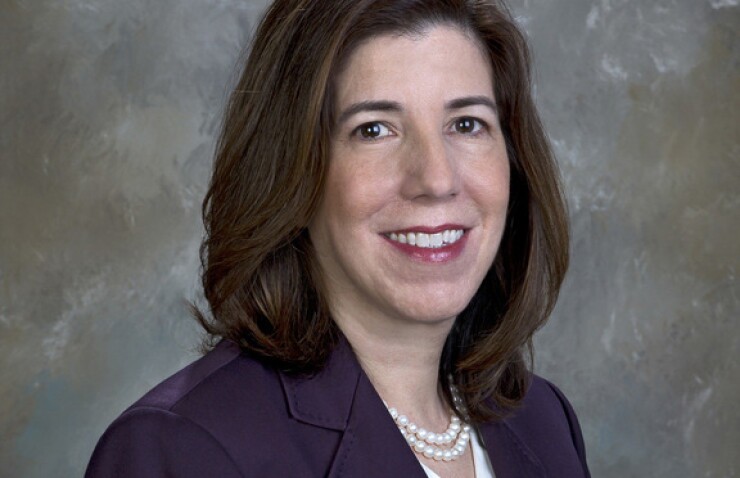While their regions, sizes and funding streams vary, leaders of several U.S. mass transit systems spoke as one in underscoring the dire need for additional federal funding to battle the effects of the COVID-`19 pandemic.
A coalition of transit agencies and labor leaders on Tuesday repeated the call for roughly $33 billion in combined aid, on top of the $25 billion they received under the federal CARES Act. The new amount exceeds by $10 billion what the American Public Transportation Association sought in its
Democrats in the U.S. House of Representatives have released a $3 trillion coronavirus relief bill, with a vote expected Friday. Opposition is expected in the Republican-controlled Senate. Under the Heroes Act, a new round of transit emergency relief would include $15.75 billion for operating assistance grants to support the transit agencies that require significant additional assistance to maintain basic transit services.
Of these amounts, $11.75 billion would be distributed by formula and $4 billion would be available to any grantee or subrecipient by application to the transportation secretary.
"This is not a red or blue state issue. It's a no-brainer," Patrick Foye, chairman of New York's Metropolitan Transportation Authority, said on a call that included officials from New Jersey, Atlanta, San Francisco and Philadelphia systems.
John Samuelsen, president of Transport Workers Union International and former head of TWU Local 100 in New York participated, as did John Costa, international president of the Amalgamated Transit Union and Larry Willis president of the AFL-CIO's transportation trades department.
The shutdown of economies and stay-at-home mandates have dropped ridership by upward of 90%. Further, tax revenue receipts are way down.
The MTA has requested $3.9 billion from Washington to match what it already received under CARES and cover just the COVID-19-related operating deficit for this year. Foye also said $10.4 billion is necessary cover the projected revenue decline in both 2020 and 2021.
"Each of my colleagues will have a different math and a different cause and effect because each got different funding streams," said Foye, who contracted the virus two months ago and has recovered.
Philadelphia-based Southeastern Pennsylvania Transportation Authority is still figuring out its losses. Its funding normally includes 50% from the state and 37% from the revenue box, General Manager Leslie Richards said.

"It's tough to calculate. We know we're going to be hundreds of millions short just on revenue this year, and we anticipate it for next year as well as the following year. So this is not something that is coming to a quick end."
Discussions within the transportation industry include calls to base further aid on lost revenue, said Jeffrey Parker, general manager of the Metropolitan Atlanta Rapid Transit Authority.
The downturns have resonated in the capital markets. For example, the MTA has received

Last week, the MTA's anticipated $700 million pricing was
"Well-compensated investors understand the MTA as too big to fail," Municipal Market Analytics said in a commentary. "Although credit conditions remain in flux — and with a potentially enormous downside should even a few safe sector credits begin to consider or actually default — the MTA’s performance means that that hypothetical has not yet become real.”
San Francisco-based Bay Area Rapid Transit faces a $600 million deficit for the current and next fiscal years, said General Manager Bob Thomas. Ridership is only 7% of what is was three months ago.
"Here in the Bay Area, our public transportation system has been brought to its knees by COVID-19, and it means our budget is deep in the red," Thomas said. "Unfortunately, ridership is not going to pay those bills. BART isn't accustomed to outside help but now we must have it."
NJTransit President Kevin Corbett, whose ridership is down 95%, said his organization is preparing for the challenging reopening of the state, with conditions to be set by Gov. Phil Murphy in conjunction with health officials.
"Transit is so critical to our economy we cannot afford to go back to the era where transit systems were on the verge of collapse," he said.
According to Foye, the MTA is studying how systems domestically and abroad have been implementing social-distancing on mass transit.
Thomas said BART is continuing to use its maximum 10-car trains to minimize risk of overcrowding.
"That's the maximum length in our system that our platforms can handle," he said. "And the other piece we're doing right now is very sophisticated modeling of increasing service, putting out more service — back to why we need additional funds here — more service and spreading the peak hour longer to provide for that social distancing. We're running that modeling right now."





